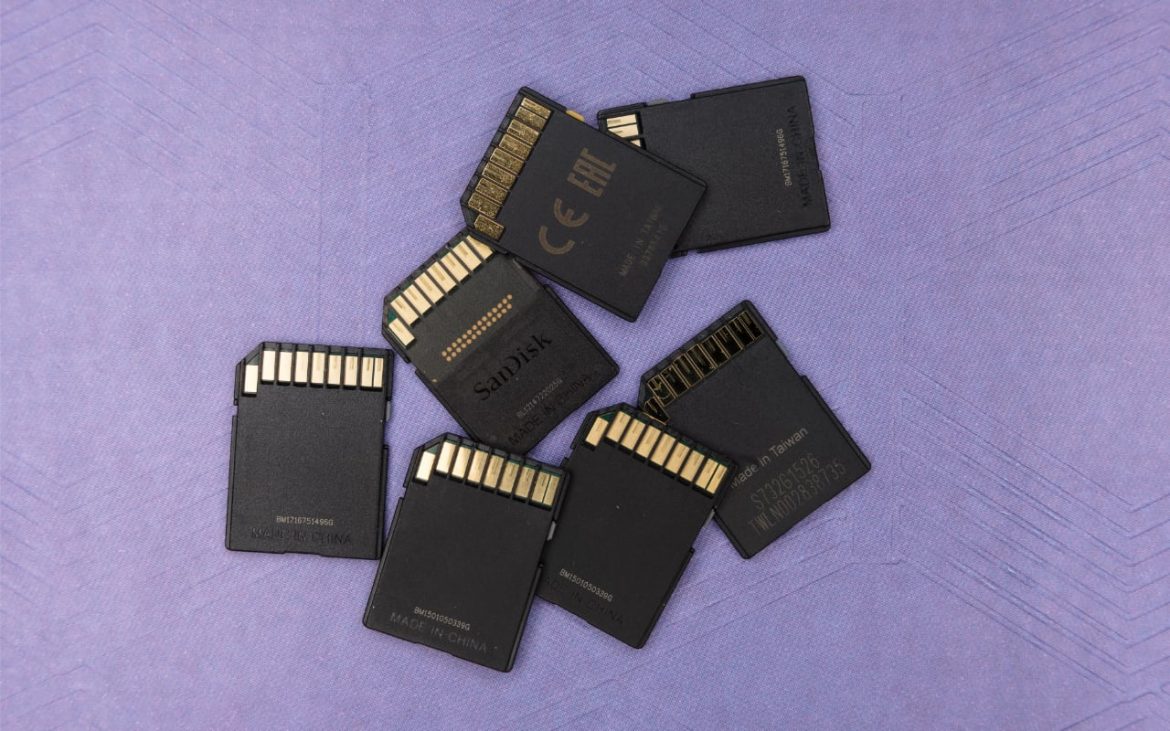In this increasingly digitized world, cryptocurrency and blockchain technologies are finding use cases just about everywhere. ‘Behold the Cryptopreneurs’ author Dennis Lewis details how smart contracts are streamlining processes and reducing costs in various industries. Likewise, IBM Worldwide Digital Asset Labs director Nitin Gaur explains that blockchain, true to its roots of being made for transaction systems, is shaping the future of everything from food distribution systems to the transportation and distribution of products. And now, it’s file sharing’s turn to reap the benefits of this emerging technology.
In a nutshell, cryptocurrency-based file sharing can add a layer of security to notoriously non-secure methods of sharing files and data. The most obvious of these methods is sharing through email, which tops Business News Daily’s list of common dangerous and non-secure digital sharing habits. This is because even rudimentary hacking methods such as sniffing out network traffic between servers can be used to access private emails. Cloud storage platform Box confirms that file sharing creates security issues that may compromise enterprises that rely on them to share everything — from zipped folders and documents to large raw images and videos. Comparatively, these risks are not present in secure, enterprise-grade file sharing and cloud storage platforms. And with the added layer of cryptocurrency/blockchain technology, the process is made even more secure.
This is the idea behind Skynet, one of the most recently developed and released file sharing platforms that relies on blockchain tech. It’s hosted on the Sia network, a decentralized cloud storage platform created by blockchain hardware and software infrastructure developer Nebulous. At the start of the year, Nebulous CEO David Vorick counted around 2,000 onboarded users, who together had used Skynet to store four petabytes of data via 1 million storage smart contracts.
Apart from the added security of public key cryptography, Vorick details that their new platform has plenty of advantages over the more popular cloud storage services of today. This includes costing only 1/5th of Amazon’s monthly storage costs. Furthermore, he adds that the ‘time to first byte’ for Skynet downloads is just half a second, while for throughout, the speed is 1 gigabyte per second. There’s also the fact that Skynet’s libraries support languages like Python, Go, and Nodejs, as well as plans to expand their SDK to support even more languages and integrations in order to convince more developers to switch over to Skynet. In short, blockchain technology is making file sharing not just more secure, but also faster, cheaper, and increasingly more convenient.
Of course, Sia’s Skynet is not the only player in the emergence of decentralized storage services. A variety of providers and platforms are being developed today, each with their own priorities in terms of file sharing problems they want to solve. For instance, NeoFS leverages unused HDD/SDD storage space from any users with commodity or enterprise grade hardware. It uses rendezvous hashing over a network multigraph to determine data placement —simply put, it’s an extremely scalable means of decentralized file storage that nixes the need for metadata transfer. Meanwhile, the platform called Swarm is more focused on creating infrastructure that’s resistant to both DDOS attacks as well as censorship. Designed to be the base layer for the Ethereum network’s Web3 stack, Swarm’s incentive infrastructure is aimed at allowing nodes to choose the cache that they can serve most frequently.
While the use of cryptocurrency and blockchain-based methods for decentralized file sharing is only in its infancy, it’s also advancing very rapidly. Yet, it remains to be seen whether or not the above-mentioned platforms, along with many others emerging this year, can compete with the likes of Google, Amazon, and other major file sharing and cloud storage services. For the latest updates do follow us at Crypto, Trader, News.
